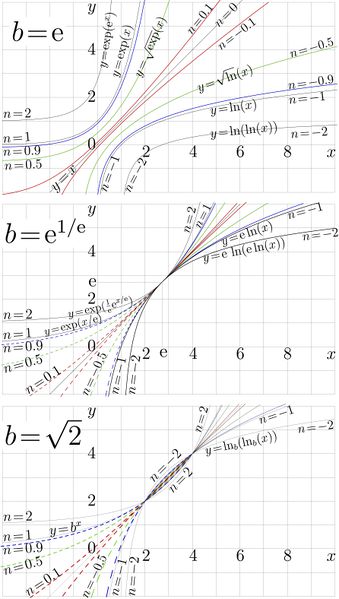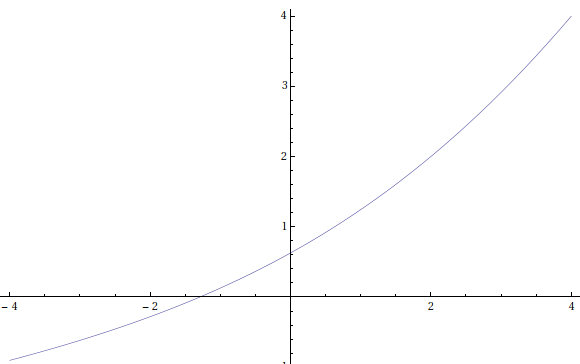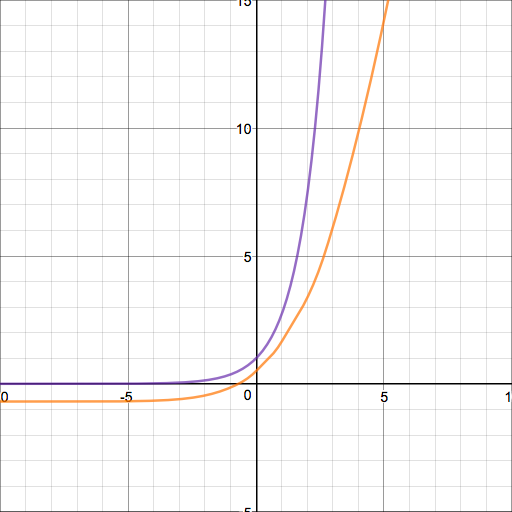For any nonpositive $x$, define the sequence $(x_0, x_1, ...)$ by $x_0 = x$, $x_{i+1} = e^{x_i}$. If we let $y$ be another nonpositive real number, and define $(y_0, ...)$ similarly, then if we define $h$ on the union of these two sequences by $h(x_i) = y_i$, $h(y_i) = x_{i+1}$, we get $h(h(x_i)) = x_{i+1}$, $h(h(y_i)) = y_{i+1}$. So, to define $h$ everywhere, we just pair off the nonpositive reals any old way and define $h$ as above for each pair (every number can be written as an $x_i$ for a unique $i \ge 0, x \le 0$, so this defines $h$ on the entire real line). Thus, there are actually uncountably many square roots of the exponential function, almost all of which are horribly discontinuous.
Edit: in fact, any such $h$ must be of this form - if $h(x_0) = y_i$, then we must have $h(y_i) = x_1, h(x_1) = y_{i+1}, ..., h(y_{i+j}) = x_{j+1}, h(x_j) = y_{i+j}$, if $y = x$ then we have a problem when we plug in $j = i$, so we must have $y \ne x$, and by a similar argument if $h(y_0) = z_k$ for some $k$, then $x_1 = h(y_i) = z_{i+k}$ so $x = z, i+k = 1$, so either $h(x_0) = y_0, h(y_0) = x_1$ or vice-versa.
To find such a pairing producing a continuous $h$, you can take any homeomorphism $f : (-\infty, -1] \rightarrow (-1, 0]$, such as $f(x) = e^{x+1}-1$, and have your pairs be of the form $(x, f(x))$.



